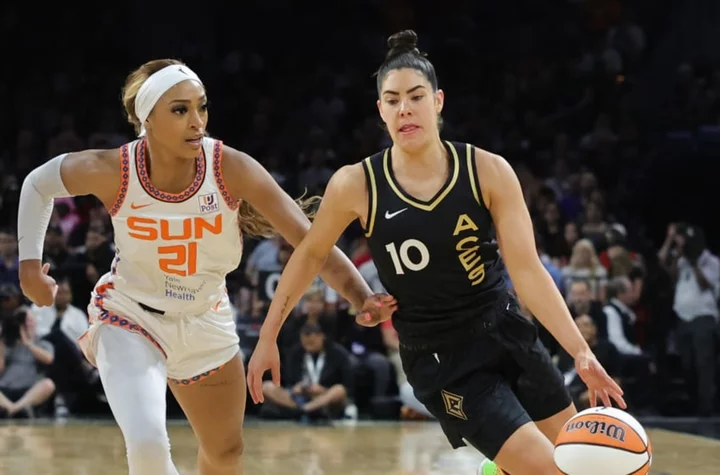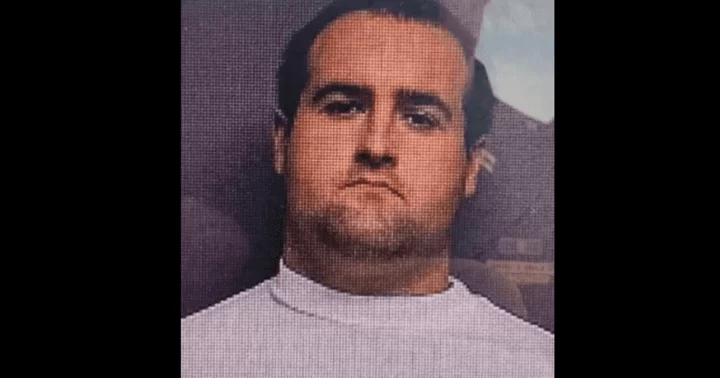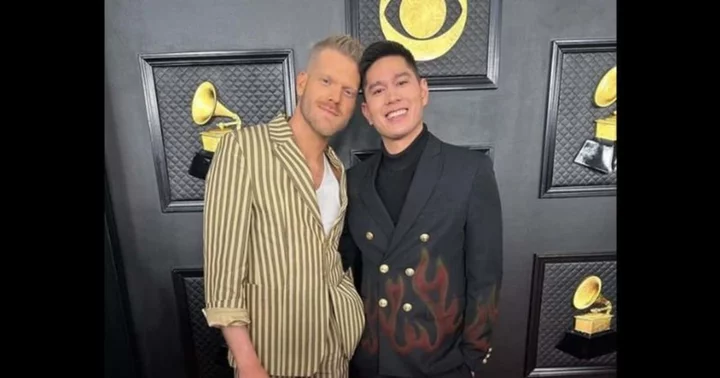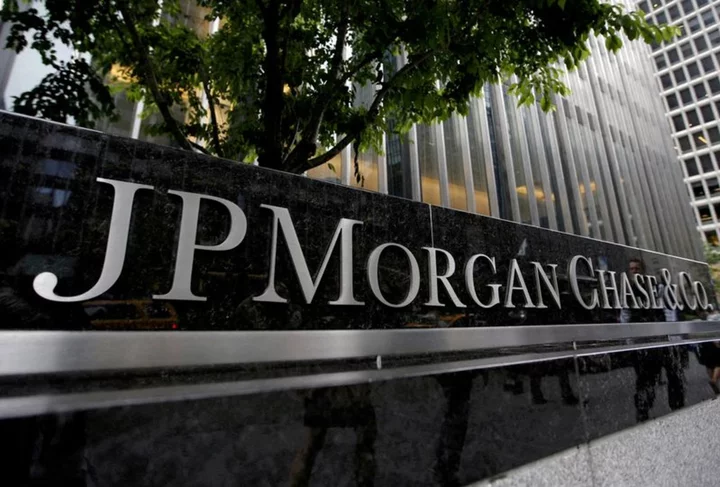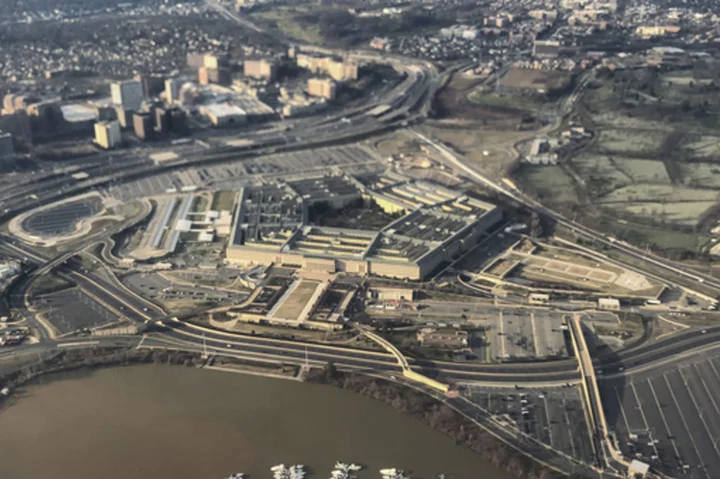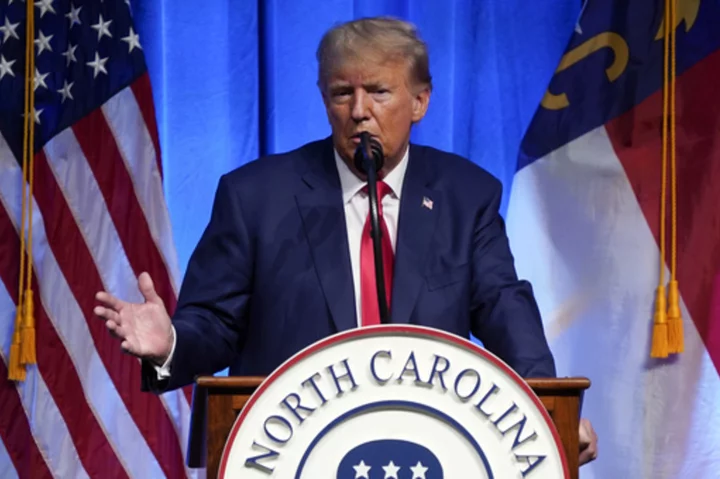The National Archives has informed former president Donald Trump that it is set to hand over to special counsel Jack Smith 16 records which show Trump and his top advisers had knowledge of the correct declassification process while he was president, according to multiple sources.
In a May 16 letter obtained by CNN, acting Archivist Debra Steidel Wall writes to Trump, "The 16 records in question all reflect communications involving close presidential advisers, some of them directed to you personally, concerning whether, why, and how you should declassify certain classified records."
The 16 presidential records, which were subpoenaed earlier this year, may provide critical evidence establishing the former president's awareness of the declassification process, a key part of the criminal investigation into Trump's mishandling of classified documents.
The records may also provide insight into Trump's intent and whether he willfully disregarded what he knew to be clearly established protocols, according to a source familiar with recent testimony provided to the grand jury by former top Trump officials.
Trump and his allies have insisted that as president, Trump did not have to follow a specific process to declassify documents. At a CNN town hall last week Trump repeated the claim that simply by removing classified documents from the White House he had declassified them. "And, by the way, they become automatically declassified when I took them," Trump said.
According to the letter, Trump tried to block the special counsel from accessing the 16 records by asserting a claim of "constitutionally based privilege." But in her letter, Wall rejects that claim, stating that the special counsel's office has represented that it "is prepared to demonstrate with specificity to a court, why it is likely that the 16 records contain evidence that would be important to the grand jury's investigation."
The special counsel also told the Archives that the evidence is "not practically available from another source."
The letter goes on to state that the records will be handed over on May 24, 2023 "unless prohibited by an intervening court order."
A source close to Trump's legal team told CNN that the former president has received several letters like this from the Archives over the course of the investigation.
Trump's team may challenge this in court, this person said, but claimed in the past the Archives has handed over documents before the Trump team has had a chance to challenge the release in court.
Trump's legal team would not reveal what was in the 16 records, but the source said the former president's attempt to block the special counsel from accessing them is "more of a strategic fight about constitutional and presidential protections rather than keeping evidence from the special counsel."
The special counsel's office and the Archives declined to comment. A Trump spokesperson did not respond to a request for comment
Last year, after the FBI seized classified and top secret documents from Trump's Mar-a-Lago resort, the former president and his allies claimed that Trump had a "standing order" to declassify documents he took from the Oval Office to the White House residence.
But 18 former top Trump administration officials said they never heard any such order issued during their time working for Trump, telling CNN that the claim was "ludicrous" "ridiculous," and a "complete fiction."
NARA's letter to Trump comes amid a flurry of activity by Smith's team, including grand jury appearances by former national security officials who testified that they told Trump there was a process for a president to declassify material, according to a source familiar with the matter.
The 16 records may help federal investigators overcome a significant obstacle to a potential prosecution of the former president. While presidents have ultimate declassification authority, the limits of that authority haven't been tested in the courts.
That means the various claims by Trump and his allies that he declassified material without going through the standard process cannot be completely dismissed by the Justice Department.
In her letter, Wall says that NARA began searching for relevant records after receiving a subpoena from Smith's team on Jan. 23, 2023. The Archives found 104 unclassified documents that matched what federal prosecutors had requested.
When notified that NARA intended to provide those documents to the grand jury, Trump's legal team raised privilege concerns over 81 of those records. The Biden White House was also notified but told NARA the incumbent president would not assert privilege to block those records from being shared with the grand jury.
The special counsel was also given access to other records not challenged by the Trump team.
Ultimately, the special counsel identified the 16 records in question as relevant to the grand jury investigation.
In the CNN town hall last week, Trump misrepresented the Presidential Records Act, falsely claiming that he was "allowed" to take documents when he left office.
In reality, the Presidential Records Act provides that as soon as a president leaves office, the National Archives becomes the legal custodian of the president's records, which belong to the public.
"I had every right to under the Presidential Records Act," Trump said when asked by CNN's Kaitlan Collins why he took documents when he left the White House. "You have the Presidential Records Act. I was there and I took what I took and it gets declassified," he added.


